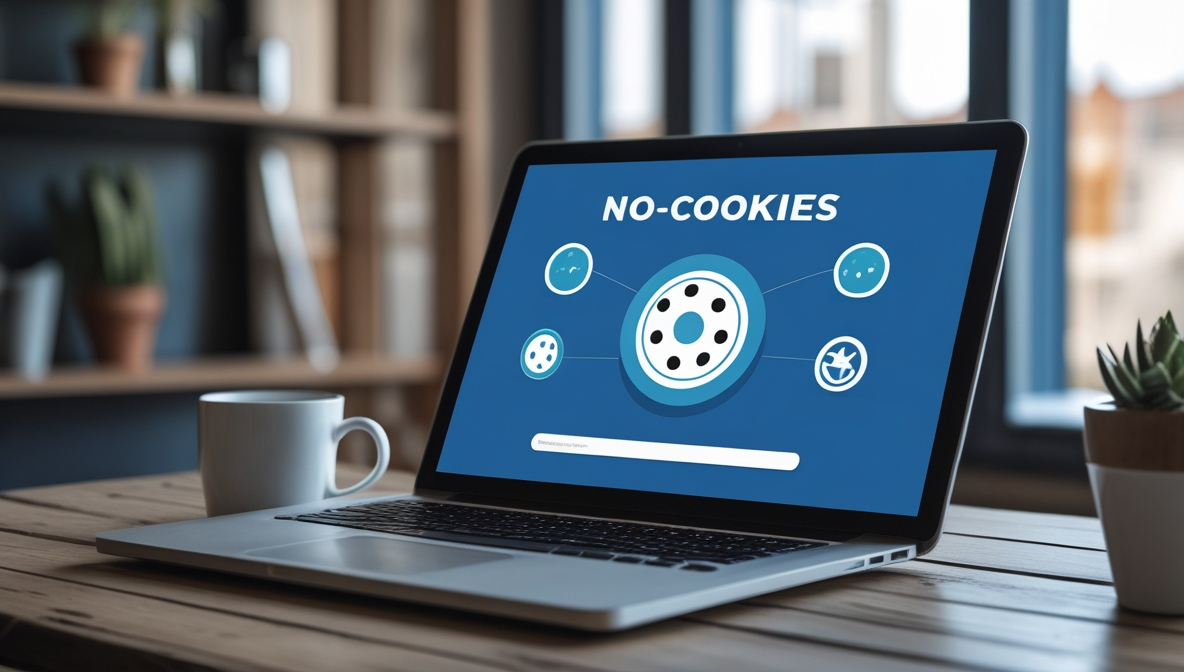In an era defined by increasing concerns about online privacy, data protection, and ever-evolving regulations, the way we collect and analyze website data is changing rapidly. Traditional analytics tools have relied heavily on browser cookies to gather user insights—often without users’ explicit knowledge or genuine consent. Cookie-free analytics has emerged as a powerful alternative, offering an ethical, transparent, and regulation-friendly approach to understanding user behavior. In this article, we’ll explore what cookie-free analytics is, how it works, and why it’s more important than ever for businesses and website owners.
What Are Cookies, and Why Are They Problematic?
Cookies are small files stored on a user’s browser that track and record various behaviors—like pages visited, time spent, and user preferences. While cookies can enhance user experience (such as remembering login details), they can also pose significant privacy risks. Over time, third-party cookies, in particular, have become tools for extensive user profiling, targeted advertising, and data collection often conducted without explicit user consent.
With the enactment of regulations such as the General Data Protection Regulation (GDPR) in the EU, website owners must obtain users’ clear and informed consent before deploying most cookies. Non-compliance can lead to hefty fines and a damaged reputation. More importantly, the modern user base is increasingly privacy-conscious, expecting transparency and control over how their data is used. This shift in consumer sentiment has paved the way for cookie-free alternatives.
How Does Cookie-Free Analytics Work?
Cookie-free analytics does not rely on browser storage to track user behavior. Instead, it uses server-side logic, anonymous session identification, and aggregated data collection. By removing the need for tracking cookies, these platforms minimize the amount of personal information captured, thus drastically reducing privacy risks and regulatory hurdles.
Often, cookie-free tools gather essential metrics—like page views, bounce rates, traffic sources—without storing any personally identifiable information (PII). Some solutions may generate a random ID for each session that resets periodically, ensuring no data is tied to a unique user over time. Because no persistent tags are left in the user’s browser, their browsing experience remains unobtrusive and private.
Benefits of Cookie-Free Analytics
- Regulatory Compliance
With regulations like GDPR, the ePrivacy Directive, and others coming into effect worldwide, maintaining compliance is crucial. Cookie-free analytics simplifies compliance by design, eliminating the need for intrusive pop-ups and cookie consent banners that can deter users. - Enhanced User Trust
Consumers are increasingly wary of how their data is being tracked and stored online. By choosing a cookie-free solution, businesses can demonstrate a genuine commitment to privacy, which can build stronger trust and credibility with visitors. - Accurate Data
Surprisingly, cookie-free analytics often yields more accurate data. Users frequently block or delete cookies, skewing metrics like unique visitors and session duration in traditional platforms. With a cookie-free approach, these common distortions are minimized. - Better Performance
Tracking scripts that rely on cookies can slow down page load times and affect site performance. Cookie-free analytics solutions tend to be lightweight and efficient, improving the user experience and possibly boosting SEO rankings.
Why Cookie-Free Analytics Matters Today
The digital landscape is in a period of major transformation. New regulations are continually tightening the reins on data collection, and users’ expectations for privacy are at an all-time high. Traditional analytics platforms are under scrutiny for opaque data practices. By adopting a cookie-free model, businesses can stay ahead of these changes, protect their brand reputation, and forge a genuine bond of trust with their audience. In many ways, it’s a proactive step that can future-proof your analytics strategy as policies and user demands continue to evolve.
Cookie-free analytics isn’t just a technical shift—it’s a philosophical one. It’s about respecting user privacy, staying compliant with fast-changing regulations, and leveraging streamlined data that genuinely reflects user behavior without manipulation. Whether you’re a small blogger or a multinational enterprise, adopting a cookie-free approach is becoming less of an option and more of a necessity. As the world becomes more mindful of data privacy, embracing cookie-free analytics can position your brand as ethical, forward-thinking, and user-centric. Tools like Seez Analytics are at the forefront of this transformation, offering simple yet powerful solutions that align with these evolving values.








